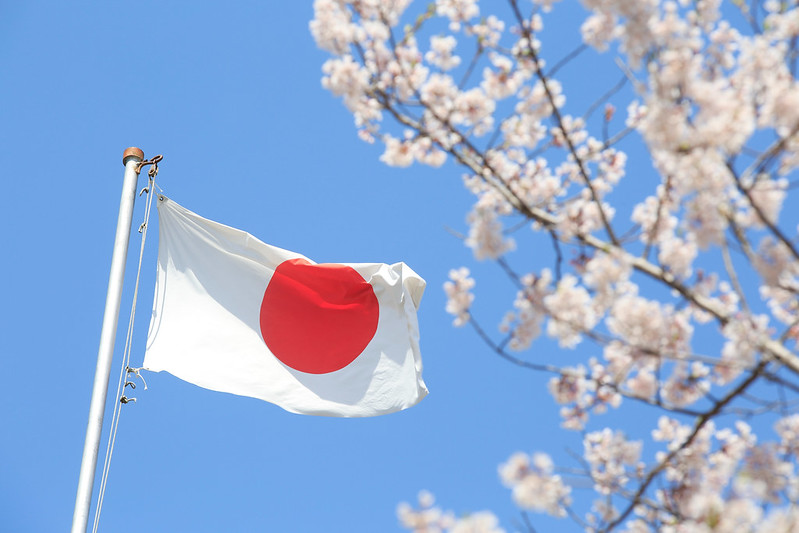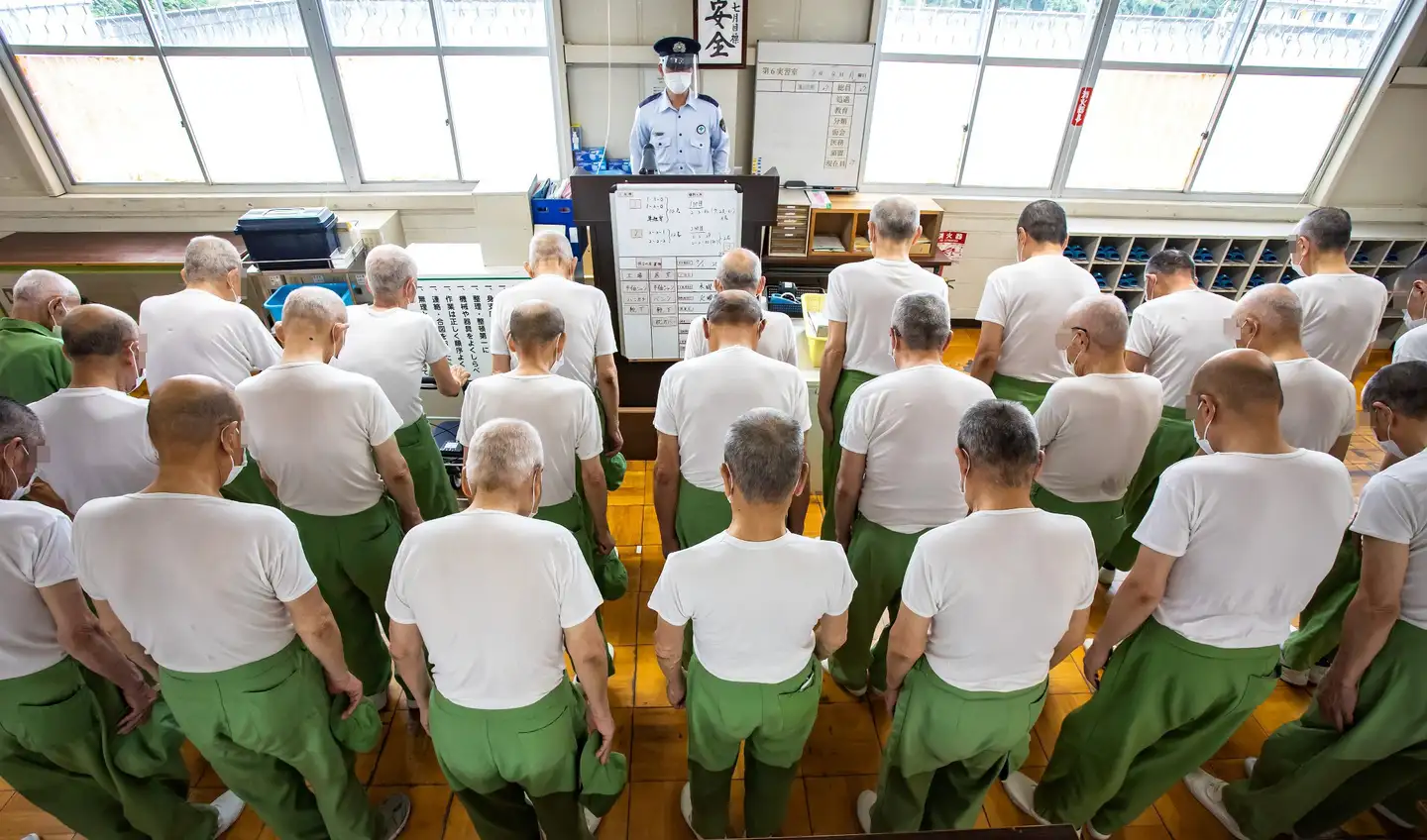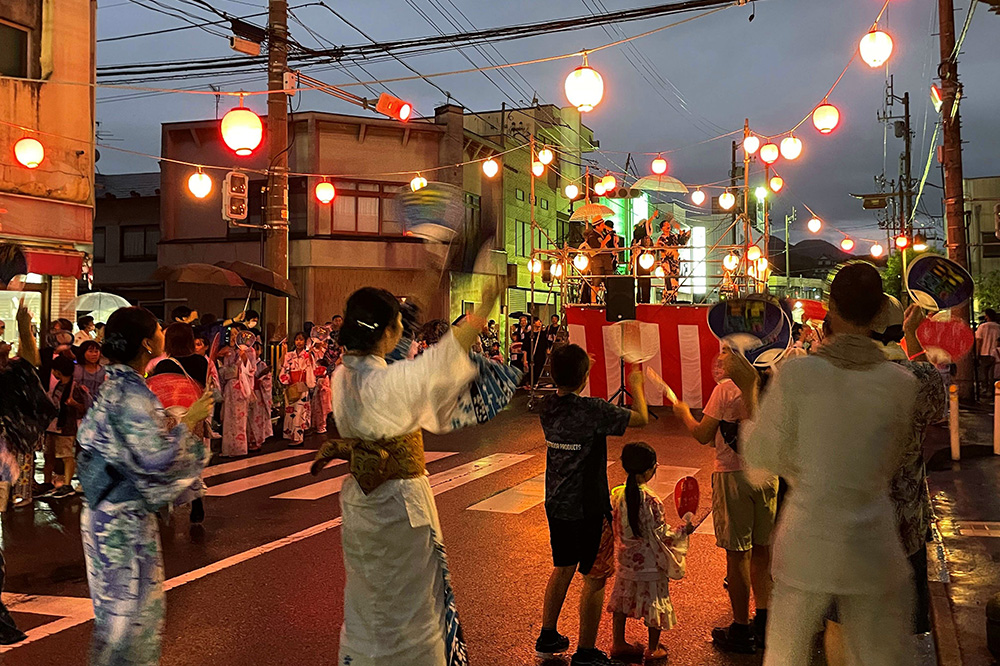A Graduation Like No Other in Rural Japan
In the serene landscape of Japan's Kuju Plateau, nestled within Oita Prefecture in the Kyushu region, stands a unique institution: Kusu Town Futago Elementary School. This small school, far from the bustling metropolises, recently hosted a graduation ceremony on March 20, 2025, a date aligning with Japan's academic calendar where graduations take place in March and new school years commence in April. What made this particular ceremony remarkably poignant was the fact that there was only one graduate: Kawazu Tomoki. In a testament to his extraordinary educational journey, he had been the school's sole student since the fifth grade, accompanied daily by a principal and four dedicated teachers.

A Community’s Heartfelt Farewell
Japanese graduation traditions typically include younger students lining the path to bid farewell to their graduating seniors. However, for Kawazu, there were no junior students to form this customary send-off, presenting a potentially awkward situation. Yet, this challenge was overcome by a powerful display of community solidarity. The Mayor of Kusu Town, whose administrative rank is comparable to that of a prefectural governor, attended, as did the Chairman of the Town Education Committee. Villagers and school alumni also gathered, swelling the attendance to over 50 people, all converging to celebrate Kawazu Tomoki's graduation.

A Message of Gratitude and Hope
Receiving his diploma from the principal, the student read a thank-you letter he had penned himself. "The sixth grade was my last year of elementary school, and just like last year, I was the only student in the entire school. But I deeply cherish the care from my teachers and villagers, and I diligently studied until graduation. Thank you, Principal. Thank you, teachers. Thank you, everyone. When I go to junior high, I will definitely work even harder." Amidst the applause of those who had formed an honorary farewell line, Kawazu departed from the school where he had spent six formative years.

Why Keep a School Open for One Child?
The profound question arises: why would a school with only one student continue to operate, rather than simply transferring the child to another institution? This reflects a core principle of Japan's compulsory education system. Even if only one student remains, they are considered a part of "all students" and cannot be abandoned simply because they are the last. "Education cannot be discounted because of numbers," is a steadfast belief held by many local governments across Japan regarding compulsory education.

Schools as the Soul of Rural Communities
In Japan, particularly in rural and remote island regions, schools transcend their primary role as educational facilities; they serve as the very heart of the entire community. Village festivals, disaster evacuation shelters, and gatherings for community elders often revolve around the school. Beyond teaching children, these schools actively sustain the vitality of the countryside. While maintaining a single-student elementary school might be perceived as a "loss-making business", the Japanese firmly believe that education is a fundamental responsibility of the state. As long as there is even one child, this responsibility cannot be relinquished.

A National Commitment to Every Child’s Future
The Ministry of Education, Culture, Sports, Science and Technology in Japan enforces exceedingly stringent educational standards. Whether it is a large school in Tokyo with thousands of students or a secluded institution like Futago Elementary in Oita Prefecture, the curriculum, textbooks, teaching staff, and educational facilities are all mandated to meet "nationally unified" standards. Furthermore, in schools such as Futago, beyond the formal teachers, specialized administrative staff and health teachers are also assigned. This ensures that no educational resources are diminished merely because there is only one student, guaranteeing a complete childhood experience for every child.

At Futago Elementary, the teachers adopted an "all-rounder" approach. During art class, teachers would draw alongside Kawazu. In music class, they would sing an entire chorus piece together. For physical education, teachers would run races and play badminton with him. Even during sports day, island residents and elderly community members would join in, becoming "student representatives" to participate in tug-of-war, relay races, and calisthenics alongside the student.
The commitment to this singular student extended beyond the immediate community. Japan's renowned baseball player, Shohei Ohtani, contributed a complete set of baseball equipment to Futago School. Both the mayor and the principal frequently joined Kawazu for baseball practice. The principal articulated this unwavering philosophy eloquently: "A child is a precious life. Their education cannot be deficient because they were born in a remote area. If education cannot be fairly spread to every corner, that is a national failure."

The Japanese government is actively promoting its "Local Revitalization Policy" to encourage young people to remain in and invigorate rural areas. However, the reality of population decline remains a significant trend. With Kawazu's graduation, questions arose about Futago Elementary School's fate—would it face closure? Yet, there is a comforting prospect: a new first-grade student is slated to enroll from April 1st.
As long as there is one child, the school will not close. This commitment reflects Japan's profound dedication and solemnity towards education. It is not born from a lack of understanding regarding "cost-benefit analysis," but rather from an enduring conviction that the future of a nation hinges on its willingness to never abandon hope, even if only one child remains. As the teachers at Futago Elementary encapsulate this spirit, "Even if there's only one star left, we must light up the night sky for it."
Related Articles
You may also like...
International Hostess Bar Since 1993
夢
ORIGIN
・ International Hostess Bar since 1993
・ Japanese Hospitality with International Service
・ Diverse and Charming Floor Ladies
・Located in Shinjuku, Tokyo
・Transparent Pricing
・Easy Online Reservations





















